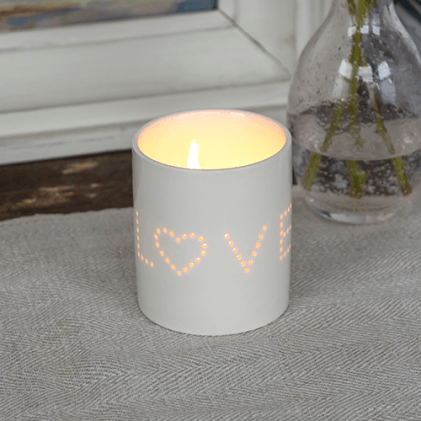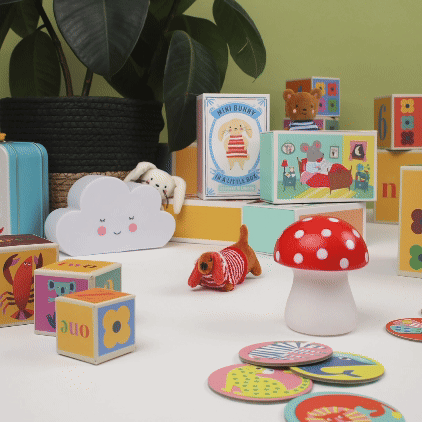5 ways to boost your mental health
As lockdown eases and more uncertainties still remain, many of us may feel more worried than ever. So here are some tips to help improve your whole family’s mental and emotional wellbeing.
Take social media breaks
via GIPHY
Experts agree that while social media itself isn’t harmful - its overuse isn’t helpful for our mental health. The constant news updates during this time might be too overwhelming and cause you to feel anxious. If this is the case for you, stay informed by sticking to reputable websites and only check updates once or twice a day instead of on a rolling basis.
To avoid mindlessly scrolling the hours away, you can now set a reminder to let you know when you’ve spent a certain amount of time on Instagram or Facebook. On Instagram, tap the three lines in the upper-right corner of your profile, go to Your Activity > Manage Your Time > Set Daily Reminder. On Facebook, go to Settings > Your Time on Facebook > Set Daily Reminder.
Keep in touch
Stepping away from social media doesn’t necessarily mean disconnecting from others. In fact, experts say having meaningful online conversations with close friends and family can boost your mental health.
“Keep in contact with friends and family to keep up social interaction and to make sure the other person is coping. Offer to be an arm of support to those who need it.” according to Laura Peters, Head of Advice and Information at Mental Health UK.
Open about your feelings
If you’re feeling overwhelmed, down or anxious, it may sound easier to keep these emotions to yourself - especially as a parent. But it’s actually healthier to normalise talking about mental health around the home and usually that starts with parents’ willingness to talk about their own feelings.
"It's important that we help children from an early age be comfortable in speaking about their feelings. Otherwise it can take years before they seek help," a Mental Health Foundation spokesman told the BBC.
If you’re living alone or don’t have children, there are other healthy ways to express your feelings - whether that’s through journaling or speaking to close friends or an online therapist.
Keep your body (and mind!) active
Exercise has proven to help improve our mood, so it’s important to make time for some sort of physical activity everyday, especially as some of us continue to work from home. Whether it’s stretching, practising yoga or going for a walk - any type of movement helps! And if you have kids, making it a family affair is always fun to do.
According to Public Health England’s official Covid-19 wellbeing guidance, it’s just as important to keep our minds active as well. You can help exercise your mind by “reading, writing, playing games, doing crossword puzzles, sudokus, jigsaws or drawing and painting.”
Picking up a new skill at home is another great way to keep your mind alert. Knitting and crafting are just some examples of meditative and purposeful hobbies that help boost emotional and mental wellbeing.
Learn to sleep better
It’s no secret that sleep is closely linked to better mental health. Instead of focusing on how long you’re sleeping, figure out if you aren’t getting restful sleep. Do you have trouble sleeping and staying asleep? Do you feel restless when you wake up?
You can often turn bad quality sleep into good quality sleep by adjusting some habits while you’re awake. Avoid looking at any digital screens at least an hour before you’re set to sleep. Try establishing a relaxing bedtime routine like running a bath, reading a book, listening to soothing music or meditating before you sleep.
This applies for the kids too! According to The Sleep Council, “try to encourage youngsters to get outside for at least half an hour each morning. Daylight supports our body clocks, helping us to wake up and suppress the sleep hormone.”
Hopefully you found these tips helpful. If you’re interested in more, read our blog on how journaling is good for your wellbeing and how crafting can be great for your mental health.











